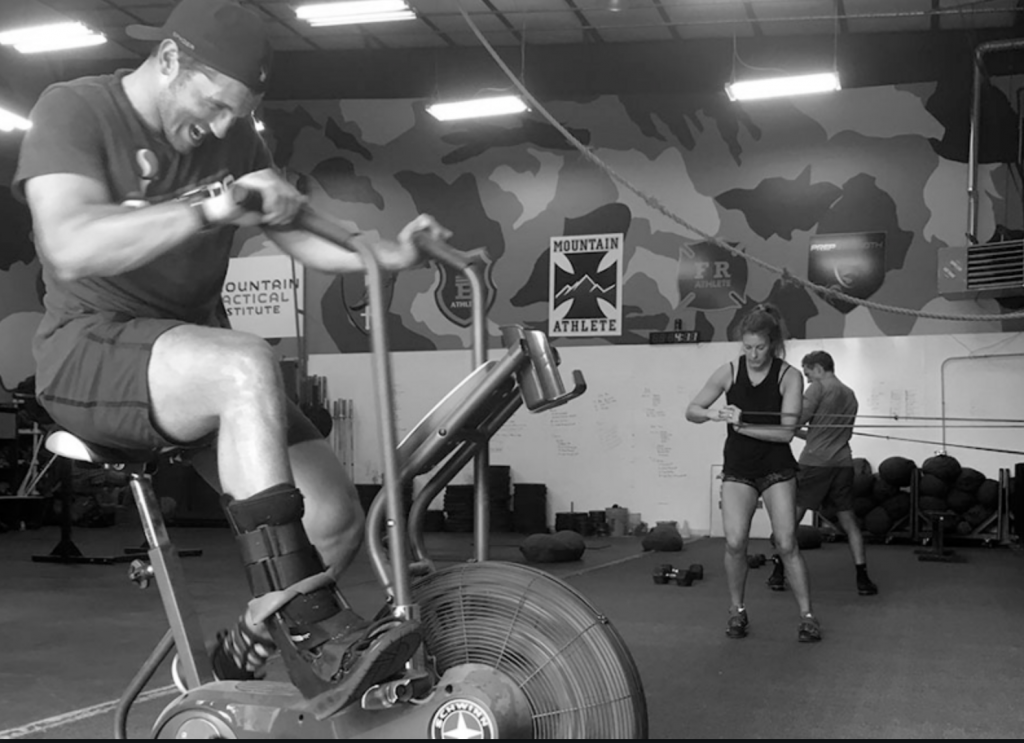
By Rob Shaul
Self Importance is incredibly effective in its effort to convince us we’re not getting ours.
“I work so hard, harder than anyone else, don’t I deserve to coast just this one time?”
“I’ve toiled in the trenches doing the grunt work for years, while Johnny takes the credit, gets the medal, receives the promotion. Why shouldn’t I demand a “hero” assignment, just this once?”
“I’ve been covering for Johnny for months – with no thanks, recognition, or acknowledgment. Not today. I’m not going to cover for him.”
We can’t avoid these Self Important, arguments. Self Importance is natural, feels righteous, and shouts its way into our mind space, uninvited.
But thinking, and acting, are different animals.
Thinking selfishly is natural. Listening to our selfish thoughts is unavoidable. We must fight instinct not to act.
Not to act is to put Mission First. Not to act is to embrace Humility.
None of us is perfect. More than we’d like to admit, Self Importance wins and we act selfishly.
Self Importance beats humility in my own mind, daily. I don’t put Mission First despite knowing better, and acting selfishly
While the regret of my failure isn’t instant, it always comes, bringing with it disappointment and a step back in my progress toward quiet professionalism.
“But aren’t there times when you should put yourself and your interests first?” you may ask. “When are those times?”
I don’t have a complete answer. I’ve thought about this for a long time and the question is still grinding away in my mind.
But, two instances are clear.
First, we all have different roles in life, and sometimes our responsibilities in the role will conflict with our responsibilities in another. An example could be a great, service-oriented but low-paying job which conflicts with financial responsibilities to provide for your family – home, college education, etc. Mission First with work conflicts with Mission First for your family – and you chose the family, quit your job, and find another which pays more.
Second, often our individual interests and goals change, and to align with our current selves, we much change positions or occupations.
People are not static – and ideally, we are growing and changing daily. It’s possible to “grow out” of a job or career, and have to move on even if that sets the organization back temporarily. Staying on artificially will lead to personal integrity issues – where what you’ve been doing doesn’t align with who you are now.
One difference between these two examples, and those above, is after you’ve made these decisions, regret doesn’t come knocking.
“Whoa!,” you may point out, “So you don’t know if your selfish decision is okay until after you’ve made it! You have to wait for regret to tell you!”
Yep. But wisdom can help. Learning from past mistakes, and visits from regret can help you recognize instances where acting selfishly can be the right thing to do – and where it can be the wrong thing. Remember, wisdom isn’t given – it takes work: reflection, self-examination, ownership.
More on wisdom, HERE.
Questions, Comments, Feedback Email: rob@mtntactical.com